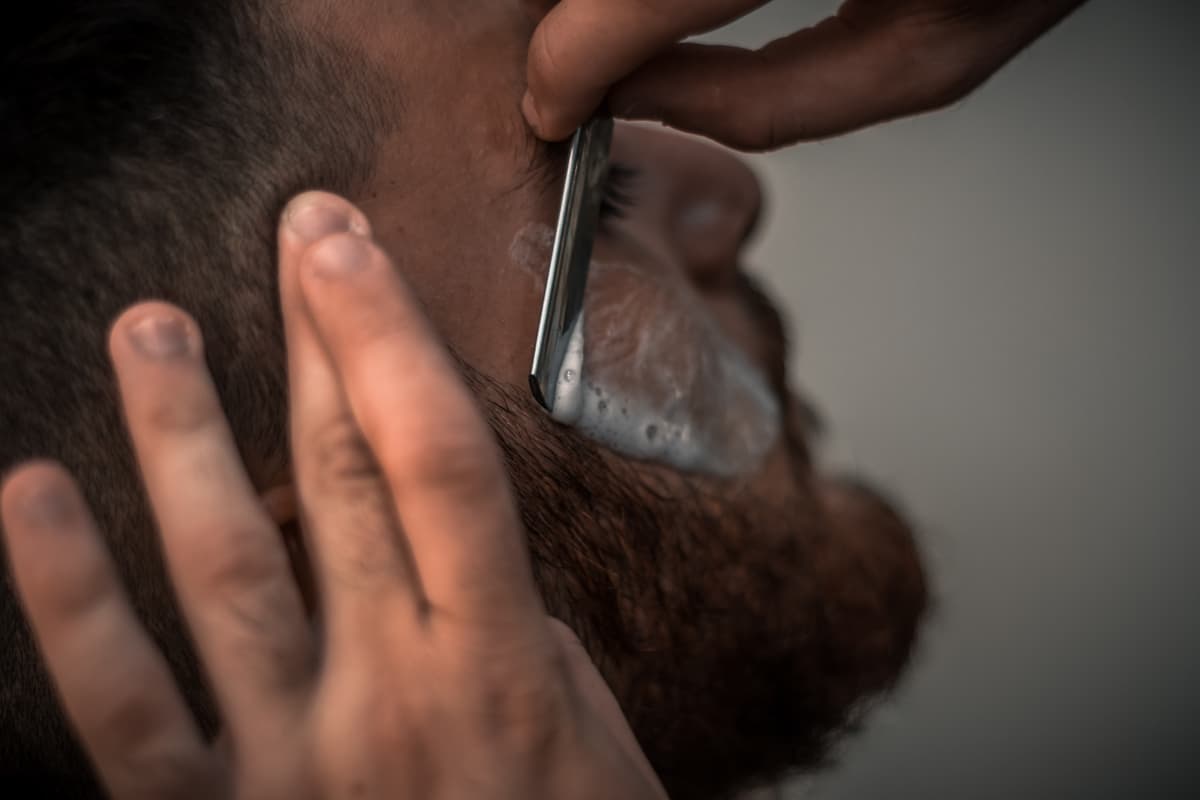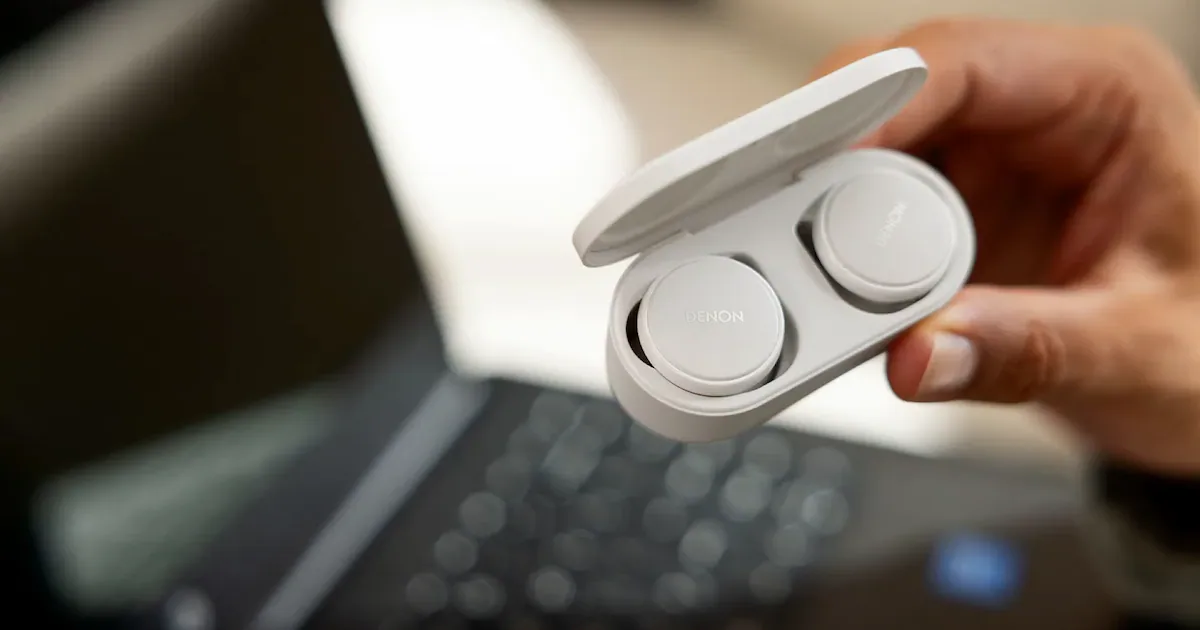Copyright scotsman

A poll of 2,000 men revealed 74 per cent know it is linked to sex drive, but many were oblivious to other key functions. While 54 per cent were unaware it is responsible for regulating mood, and 76 per cent didn’t know it affects bone density. Other lesser-known symptoms included muscle mass (49 per cent), facial hair growth (47 per cent), sperm production (38 per cent) and voice depth (55 per cent). And almost three in 10 (29 per cent) feared they lacked the appropriate amount of testosterone due to issues such as erectile dysfunction. The research was commissioned by Leger Clinic, which has also released an interactive graphic, pinpointing the signs of low testosterone. Medical Director at the company, Dr Doug Savage, said: “Testosterone plays a more complex role in men’s health than many realise, affecting far more than sex drive and erectile dysfunction. Low testosterone can lead to symptoms like fatigue, low confidence, increased abdominal fat and even depression. Understanding testosterone’s wider role is vital, because addressing it can transform quality of life far beyond the bedroom.” The research also found 58 per cent think having low testosterone levels would have a negative effect on their life. Of those, 36 per cent worry it would ruin their relationship – and 28 per cent feel they would be “failing as a man”. And almost a quarter (24 per cent) consider themselves to have a testosterone level which is below average – higher than those who believe it’s above average (18 per cent). In total, 39 per cent wish they had higher testosterone levels, with 45 per cent believing it would boost how attractive they are to a potential partner. And only 16 per cent correctly know testosterone begins to decrease in your thirties, with the vast majority believing it happens later in life. While almost seven in 10 (68 per cent) would gladly receive a free testosterone check, only 18 per cent of people have ever discussed it with a health professional. Yet 61 per cent would be willing to make changes to their lifestyle to give them more testosterone. The study, carried out via OnePoll.com, also discovered two in three men (66 per cent) have experienced trouble achieving or maintaining an erection. Dr Savage added: “It’s clear many men want to take action – whether that’s by getting checked or making lifestyle changes – and that’s a positive step. However, it’s evident there are still barriers, with many not feeling comfortable discussing it with loved ones or even medical professionals. There’s nothing to lose by doing your research and getting tested - it’s a simple move that could make a big difference to your health and confidence.”



